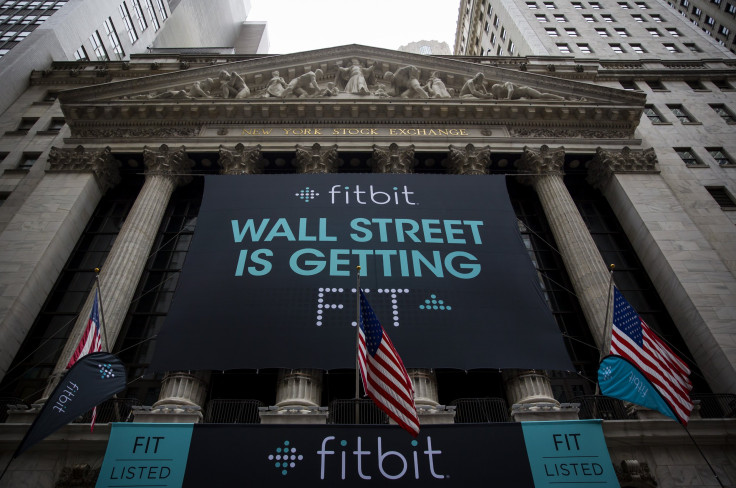Fitbit Inc (FIT) Shares Plunge Even After Wearable Fitness Device Startup Posts Solid Fourth-Quarter Earnings

Fitbit’s goal is to make money by selling gadgets that encourage active lifestyles, but on Monday the company’s stock price was crashing like a sugar high despite positive fourth-quarter and full-year 2015 results.
The San Francisco-based maker and seller of wearable health-tracking devices reported better-than-expected adjusted fourth-quarter earnings of 35 cents per share on $712 million in revenue. That handily beat Wall Street’s forecast of 25 cents per share on $648 million in revenue.
For the year, the company reported nearly tripling its active users — people who have downloaded and used the company’s fitness-tracking app — from 11 million in 2014 to 29 million last year.
“We believe we are beginning 2016 with strong customer engagement and retention, an accelerating pace of innovation and competitive differentiation, and a foundation of significant revenue growth and profitability in 2015,” James Park, Fitbit co-founder and CEO, said in a statement announcing the results after the closing bell in New York.
All of this sounds like good news, except for one problem: The company also said it expects adjusted earnings per share for the first quarter ending in March of between zero and 2 cents per share, way below the 23 cents forecast by analysts polled by Thomson Reuters.
The company explained the reasons for the expected miss: It is planning to invest in the global release of two upcoming products, the smartwatch-like Fitbit Blaze and the Fitbit Alta wristband, which tracks exercise and sleep cycles.
“The company also expects to incur additional manufacturing costs in the first quarter to maximize production of new products to meet expected demand,” the company said in its earnings release.
Wall Street doesn’t readily forgive those kinds of steep misses, especially in so-called company guidance statements. Fitbit’s stock was down over 15 percent in after-market trading, sinking to $16.48. The company’s shares are down almost 45 percent since it went public on the New York Stock Exchange last June. Tech stocks were hammered earlier this year amid a market correction.
© Copyright IBTimes 2024. All rights reserved.












